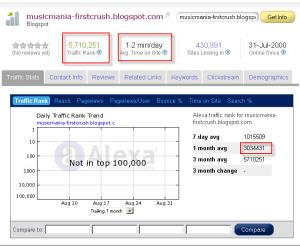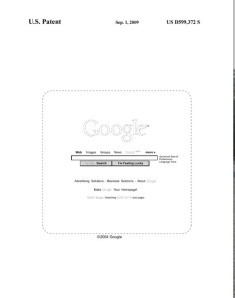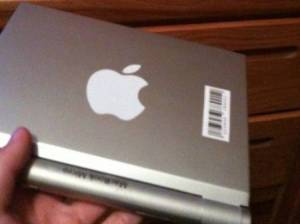It won’t work for the 40 million or so users of iPhones and iPod Touches, but Microsoft’s new mobile app platform could reach some 800 million people using lower powered devices in developing countries.
Called OneApp, the software is debuting in the next few weeks in South Africa, where mobile services vendor Blue Label Telecom will use it to manage a set of services including an electronic wallet.
Phone companies and others may use the software to deliver mobile apps, including Facebook, Twitter, Windows Live Messenger and additional apps they develop. It runs on a tiny 150 kilobyte program that’s installed on phones and accesses Web services through a cell network.
OneApp also handles the conversion of applications to run on the huge variety of phones less powerful than smartphones. A screenshot is below.
By the end of the year Microsoft will release a software toolkit for developers, but it doesn’t intend for the OneApp to be offered in the U.S. at all for the time being.
Instead it’s going after the wildfire growth of feature phones in countries such as India, where phone usage is growing 27 percent a year, according to Tim McDonough, a senior director on the team producing OneApp.
“We call it a reach play – how do you get to more users with apps and services,” he explained.
OneApp was created by the
Unlimited Potential group overseen by Microsoft’s chief research and strategy officer, Craig Mundie, who has teams looking for huge, approaching market opportunities.
It’s also going to enhance the stack of software that Microsoft offers governments. A country’s health service could use OneApp to create an application that helps people diagnose an illness and decide whether to travel to a hospital, for instance.












